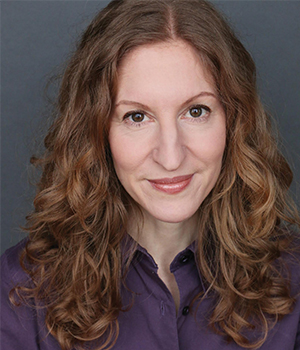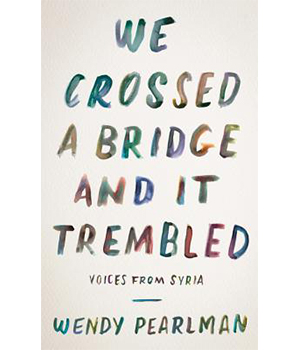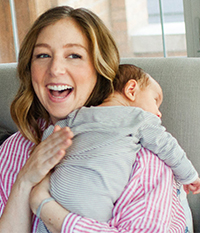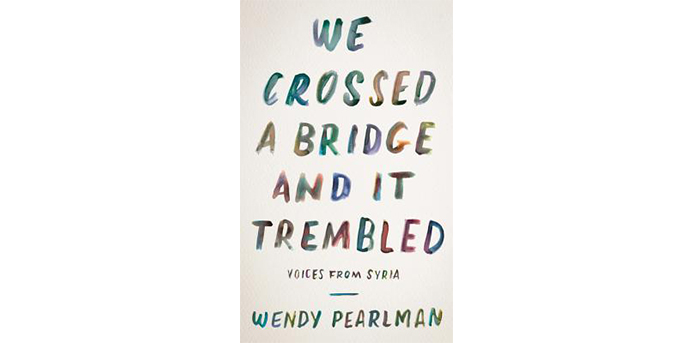
We recently had the opportunity to connect with Northwestern University professor Wendy Pearlman to discuss her moving new book, “We Crossed a Bridge and It Trembled,” a collection of firsthand testimonials from Syrian refugees.
Make It Better: You spent four years interviewing more than 300 refugees. Which voices did you select for the book, and why?
Wendy Pearlman: I selected testimonials with a few criteria in mind. First, I chose passages and put them in a sequence that I believed could help best explain the conflict to readers who don’t have much background on Syria. Second, I chose voices that discussed issues and events that I knew were widely shared among a much larger part of the Syrian population. Finally, I selected stories filled with human detail. That is what helps us identify with the speakers as real people and encourages us to try to put ourselves in their shoes.
What is the significance of the title?
It comes from the testimonial of a man named Annas, who remembers how, in the early months of the uprising, a huge crowd marched over a bridge and it literally shook under the weight of so many people. But the title is also a metaphor, as Syrians have crossed many bridges — psychological, social, political, territorial. They crossed from authoritarianism to revolution to war to exile. They are still trembling under the reverberations of these transformations.
What do you think Americans need to understand about the refugee crisis?
That it is the outgrowth of a brutal war, which is in turn the result of an authoritarian regime’s violent repression of an overwhelmingly nonviolent, popular uprising. It’s important to resist the misconception that the choice in Syria is between President Bashar al-Assad and Islamic extremism, and that Assad is the lesser evil. Similarly, I hope that Americans resist the misconception that sectarianism is driving violence in Syria. It’s more accurate to say that violence drives sectarianism.
What can we do to help?
We can call for the U.S. to engage in meaningful action to protect civilian lives, to end the war that is ravaging the country, to push for a political transition to a free system, and to extend opportunities for dignified futures for the millions who have become refugees. We can also make charitable contributions to organizations doing work inside Syria and with Syrian refugees, such as the Karam Foundation, NuDay Syria, Jusoor Syria, and the Syrian American Medical Society.
On March 15, the Illinois Holocaust Museum will open the special exhibit “Where the Children Sleep,” a look at the Syrian refugee crisis “through the experience of Syrian children.”
More from Make It Better:
- 5 Books to Read This Winter
- ‘The Courage to Be Kind’: This Book Helps Parents Teach Kids Kindness
- 17 Podcasts and Audiobooks That Will Make Family Road Trips Fly By

Danielle McLimore is a Chicago-based writer and editor who has worked in book publishing since 2009. She lives with her husband, two sons, and a very misbehaved dog. She proudly supports the Center for Reproductive Rights.

